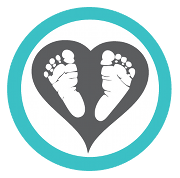To clarify...
From: Misconceptions and Misunderstandings About Food Allergy (Medscape)
Definition of Food Allergy
An "adverse health effect arising from a specific immune response that occurs reproducibly on exposure to a given food."
Food Allergy vs Food Intolerance
The 50% to 90% of self-reported food allergies that are not really allergies are actually reactions to food that are not mediated by the immune system. Non-allergic food reactions, referred to as "food intolerances," typically occur 3-4 hours after ingesting a certain food or similar food and produce symptoms that vary depending on the nature of the intolerance. [Milk intolerance is an example.]
Prevention of Food Allergy
"One common misconception," observed Dr. Fenton, "is that it is possible to prevent the development of food allergy by avoiding certain foods." Restricting maternal diet during pregnancy or lactation in the hope of preventing food allergy in the infant is not recommended. Feeding newborn infants soy formula does not prevent food allergy. Moreover, delaying the introduction of solid foods beyond 6 months of age, including potentially allergenic foods, does not prevent food allergy.
























No comments:
Post a Comment
This blog only reviews comments before posting to avoid hijacking. We will respond to comments Mon-Thurs but we are closed Fri-Sun and legal holidays.